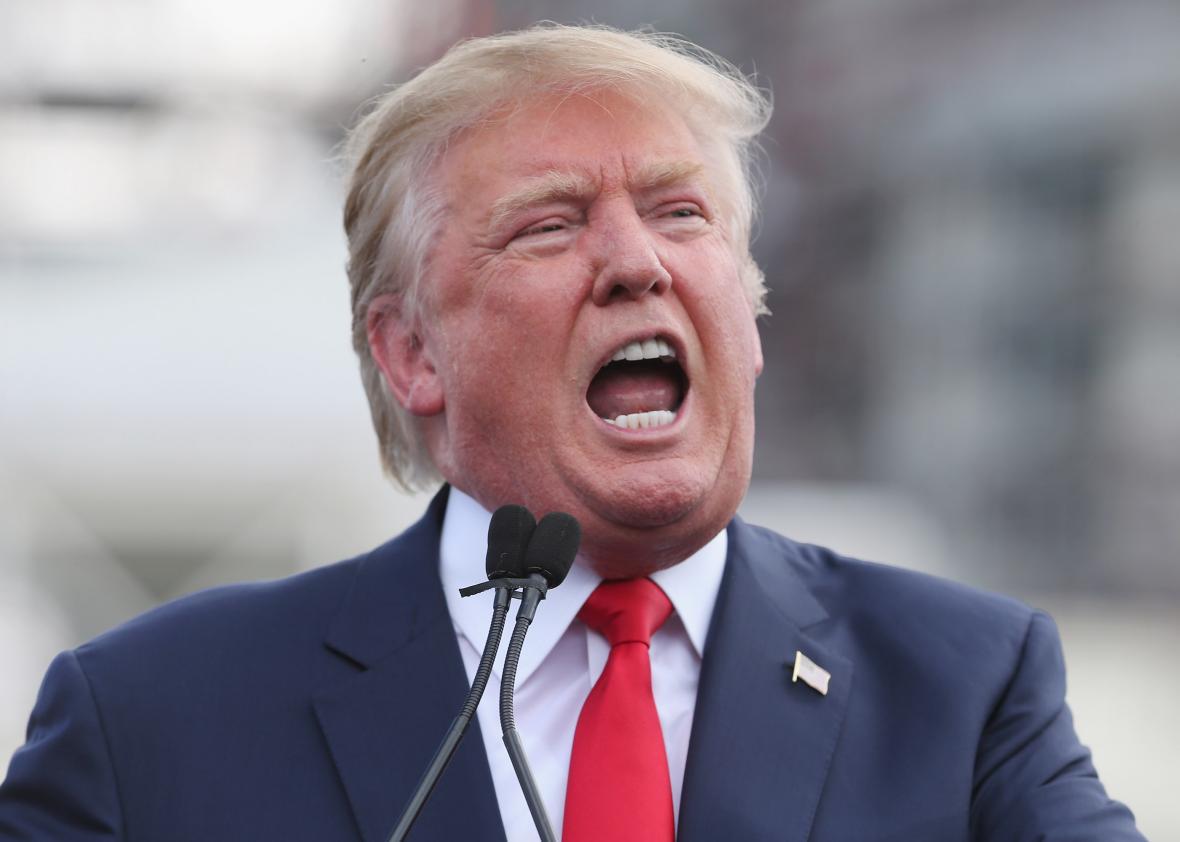President-elect Donald Trump has scored a major PR coup with the news that, after a bit of his cajoling, air conditioner company Carrier now plans to keep nearly 1,000 jobs in Indianapolis instead of moving them to Mexico.
How did Trump do it? Part of the answer is simple: with Indiana tax dollars. His running mate, Vice President–elect Mike Pence, is still the governor of the state, which reportedly offered incentives as part of the deal.
But that’s not the way you’d have read about the story in most headlines or even in the New York Times, which lauded Trump as “a different kind of Republican, willing to take on big business.” “And just as only a confirmed anti-Communist like Richard Nixon could go to China,” the reporter continued, “so only a businessman like Mr. Trump could take on corporate America without being called a Bernie Sanders-style socialist.” The paper makes it sound as if, liberated by his entrepreneurial reputation, Trump was able to stick it to the fatcats at Carrier.
The truth is that instead of busting up a system that encourages companies to threaten relocation in exchange for big public subsidies, Trump has reinforced it.
Carrier is not a typical case. It’s rare that local subsidies can compete with the savings a labor-intensive operation can get from moving to Mexico or Southeast Asia. Far more common are state subsidies doled out in spite of outsourcing. An Indianapolis Star analysis in August found that Pence’s Indiana Economic Development Corporation had, since 2013, awarded $24 million in incentives to 10 companies that had collectively laid off 3,800 people while shifting jobs abroad.
And subsidies were probably not the biggest factor in Carrier’s decision. Once we do find out what Pence offered, the terms will likely not save Carrier the $65 million that a move would have.
Instead, the deal may have important immaterial benefits. It puts United Technologies in the good graces of the administration, which may be key to its future business. About ten percent of the company’s $56 billion in revenue comes from the federal government, especially military contracts. The implication that Trump made some kind of backroom threat in Naptown over Defense Department contracts is worrisome, but for the moment, unfounded. For now let’s just say that Carrier has an interest in keeping Trump happy.
Still, what happened in Indiana represents exactly the problem, not the solution, in America’s approach to corporate negotiation. There is literally another factory across town from Carrier waiting for the same kind of attention. It’s not good that the geography of large offices and factories is a function of public money doled out by cities, states and in Washington. It’s been a great boon to companies with the size and flexibility to uproot or locate their operations at will, or at least make a convincing threat they’ll do so. And a big loss for the rest of us.
In hundreds of cases, state and local governments have offered more in subsidy than the $65 million Carrier hoped to save in Mexico.
According to a review by Good Jobs First, a resource center for accountability in economic development, there have been more than 240 such deals, worth a collective $64 billion, in the last 35 years. Manufacturing facilities are the most common recipient. The average cost per job is $465,000.
In some cases, those handouts go to companies moving across county lines.
What makes all those deals possible, and what they have in common, is a regulatory framework that is highly favorable to companies relocating both between states and abroad, regardless of the subsidies they’ve received or the government contracts they depend on. Like Carrier, the average American corporation is trained to get treats for barking. And why not? It’s always worked. Donald Trump didn’t train corporate America. But he seems happy to keep feeding it.
